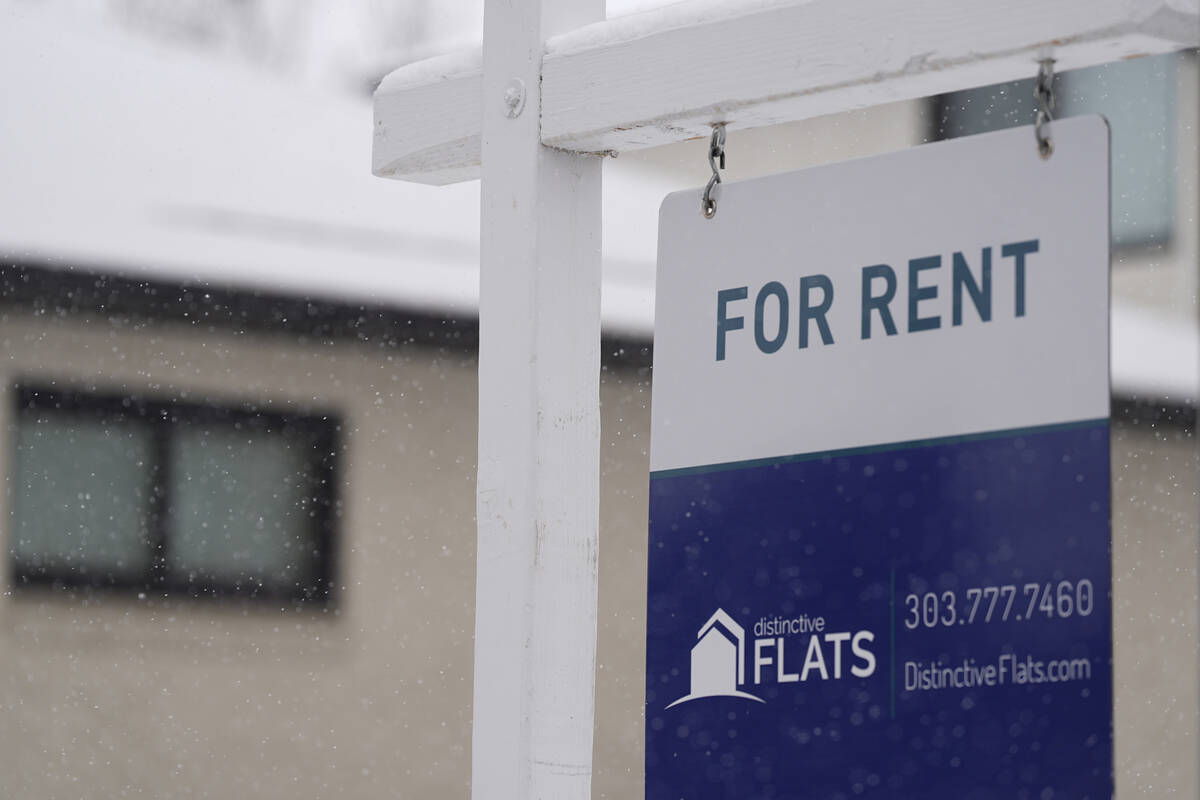EDITORIAL: Rents plummet after Argentina drops rent control
The evidence against rent control is vast and continues to pile high. The latest example comes from Argentina.
In 2020, Argentina faced rapidly rising rental costs, just as many parts of the United States — including Southern Nevada — are currently experiencing. The South American country implemented rent control. The government required that contracts run for at least three years. Officials capped annual rent increases at the weighted average of wage growth and inflation. They limited how much landlords could require in deposits and required rents to be paid in pesos. Landlords had been trying to protect themselves from inflation by demanding rent in a foreign currency such as the U.S. dollar.
Many American progressives, including Nevada Democrats, want similar government interventions in the housing market here.
The appeal of rent control is obvious when rents are soaring. Current renters receive a benefit when the government distorts the market to their advantage.
But the downside of rent control is just as obvious if you ask a simple question. What happens next? The supply of rental homes decreases. Landlords are less likely to rent out properties. With an artificial cap on their returns, investors build fewer homes and apartment complexes. Existing units become homes or condos for sale. Landlords spend less on maintenance and upkeep because they lack a financial incentive to make improvements. Their renters won’t leave because they’re paying below market rates. Rundown apartments and homes lower nearby property values.
When the supply of rental homes drops, prices increase. Thus, rent control ends up doing the opposite of what it promised.
That’s precisely what happened in Argentina. After the government imposed rent control, 45 percent of landlords opted to sell their properties. Others listed them on short-term rental sites. In Buenos Aires, the number of Airbnb properties nearly tripled from 2019 to 2023.
Unsurprisingly, rents soared. In Buenos Aires, the cost for a two-bedroom apartment went from 18,000 pesos a month in 2019 to more than 330,000 pesos in January. If rent had merely kept up with inflation, it would have been 210,000 pesos.
Last November, Javier Milei won election as president of Argentina. He’s a brilliant defender of economic liberty. He hasn’t governed passively, but aggressively put free-market ideas into action. That included scrapping rent control. As a result, rental supply in Buenos Aires has nearly doubled. In March, The Telegraph reported that rents had fallen by 20 percent.
The free market works. Rent control doesn’t.

















